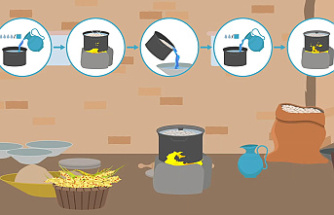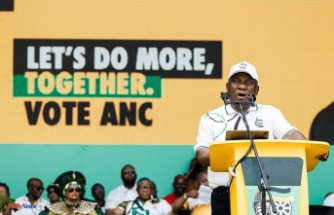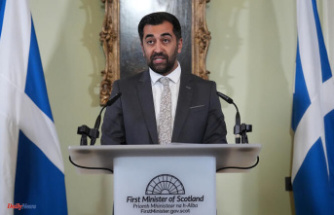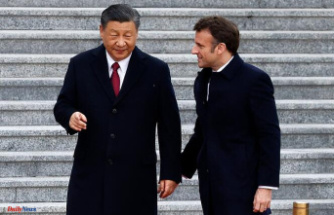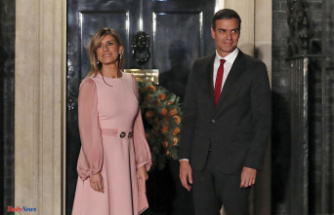Shortly before Christmas, the NRW state parliament wants to wrap up the rescue package against the consequences of the Ukraine war. The way to the billions in aid was more than bumpy. The black-green government coalition had to throw its plans overboard several times.
Düsseldorf (dpa/lnw) - In a special session on Wednesday (10 a.m.), the NRW state parliament wants to decide on a debt-financed "special fund for crisis management" of up to five billion euros. The black-green government coalition wants to cushion the consequences of the Russian war of aggression against Ukraine. With a first tranche of 1.6 billion euros from the special fund, aid measures for the needy and companies are to be paid for from the beginning of 2023. The CDU and Greens were unable to keep to the original plan to start with the aid this year.
The special session of the state parliament with an unscheduled third reading of the law on special assets was enforced by the AfD with its minority rights. The process of the black-green government coalition was accompanied by massive criticism due to several short-term about-faces. The CDU and the Greens had to change their financing plans several times. The SPD and FDP opposition still does not consider the planned special fund to be legally secure. The government has made no effort to look for potential savings in the regular budget.
From the 1.6 billion aid package decided by the cabinet just last Friday, 150 million euros are earmarked for poverty reduction, for example for food banks and institutions in need. 100 million euros are planned for a special construction program for climate-efficient housing promotion in NRW and 160 million for an investment program for energy and heating transition. The bad economic situation threatens to hinder investments in renewable energies, it was said as a reason. 90 million euros flow into a funding program for low-emission mobility.
60 million euros are planned to secure child day care offers. Increases in energy costs for local public transport are to be compensated for with 200 million euros. With 100 million, particular hardships from rising electricity and gas prices in the corporate sector are to be cushioned.


